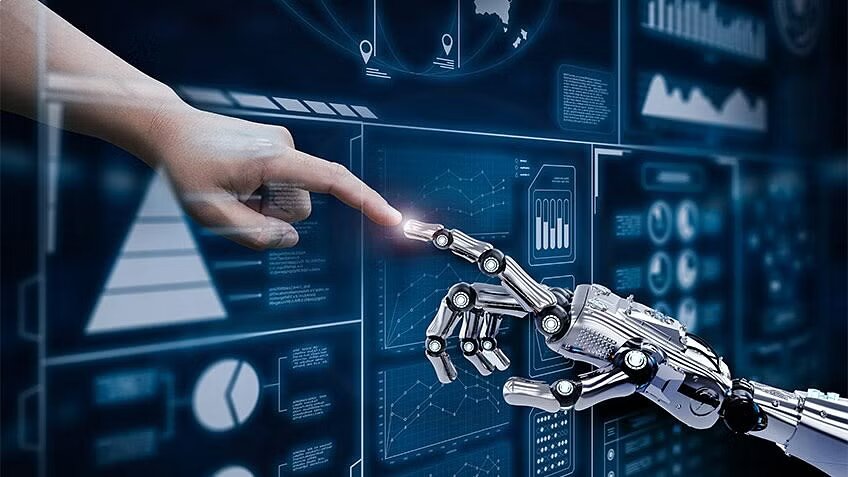In an era where technological advancements are reshaping the fabric of our daily lives, the future of transportation stands at the forefront of innovation. The fusion of Deep learning with transportation systems has given rise to the concept of smart mobility, promising a revolution in how we navigate the world.
From self-driving cars and predictive traffic management to efficient public transportation networks, AI is spearheading a transformative shift towards safer, more sustainable, and seamlessly connected modes of transportation. The integration of AI in smart mobility is not just about convenience; it’s about redefining our relationship with transportation, making it more efficient, accessible, and environmentally friendly.
Self-Driving Vehicles: Transforming Commutes
Imagine a world where commuting isn’t synonymous with stress and congestion. Self-driving cars, empowered by AI, hold the promise of safer roads and more productive travel time. These vehicles leverage machine learning algorithms to adapt to different driving conditions, interpret road signs, and anticipate potential hazards, significantly reducing the risk of accidents.
AI-powered autonomous vehicles also bring forth a paradigm shift in urban planning. With fewer cars idling in traffic jams, cities could potentially reclaim valuable space currently devoted to parking lots, transforming them into green spaces or affordable housing.
Predictive Analytics for Traffic Management
The ability of AI to analyze vast amounts of data in real-time is reshaping traffic management. Through predictive analytics, AI algorithms process information from various sources, such as traffic cameras, sensors, and historical patterns, to forecast traffic congestion. This foresight enables authorities to proactively manage traffic flow, reroute vehicles, and optimize signal timings, ultimately reducing gridlock and commute times.
Enhanced Public Transportation
AI isn’t solely focused on individual vehicles; it also plays a pivotal role in enhancing public transportation systems. AI-driven algorithms analyze passenger data, optimizing routes and schedules based on demand, thereby reducing wait times and overcrowding. Additionally, AI assists in predictive maintenance, allowing transportation authorities to identify and address issues in buses, trains, or subways before they escalate, ensuring smoother operations and increased reliability.
Environmental Sustainability and AI-Powered Efficiency
The marriage of AI and smart mobility isn’t just about convenience—it’s about sustainability. AI-driven transportation solutions aim to minimize environmental impact by optimizing energy usage and reducing emissions. Electric and hybrid vehicles, guided by AI, can optimize their energy consumption based on traffic conditions and driver behavior, furthering the goal of a greener future.
Challenges and Ethical Considerations
However promising the future of AI-powered transportation seems, it’s not without challenges. Concerns surrounding data privacy, cybersecurity, ethical decision-making in autonomous vehicles, and equitable access to these technological advancements need careful consideration and robust solutions.
The Road Ahead
The evolution of transportation through AI integration is an ongoing journey, filled with possibilities and challenges. Collaboration among governments, industries, and innovators is crucial to harness the full potential of AI in smart mobility while addressing concerns and ensuring inclusivity.
As we stand on the cusp of a transportation revolution, the synergy between AI and smart mobility holds the key to a future where transportation is not just a means to an end but a seamless, efficient, and sustainable experience for all.
In conclusion, the future of transportation isn’t just about getting from point A to point B; it’s about leveraging the power of AI to transform the way we move, live, and interact with our environment. As we embrace these advancements, responsible and inclusive innovation will pave the way for a brighter, more connected future of mobility.
